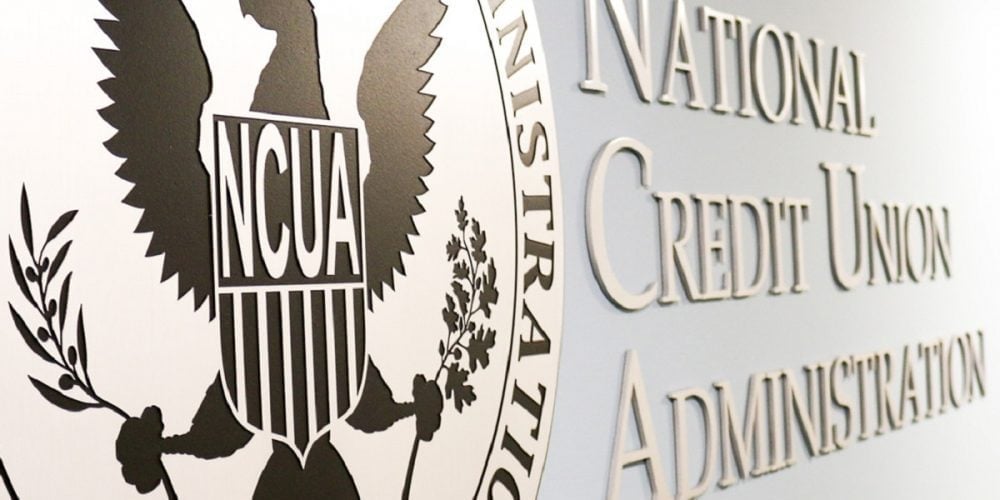Being financially literate is like a gift that keeps giving. Obvious benefits leap to mind. The financially literate are less prone to fraud and abuse, they build savings for a “rainy day,” use credit wisely, put their money to work through prudent investing, use insurance strategically, and make wise educational and career choices. Any person who has invested the time and effort into quality personal financial education (beyond a quick 2-hour introductory session) will assuredly be better off for the effort.
But have you considered that the stability and peace of mind that the financially literate enjoy are only the start to a range of personal benefits that financial education affords? Let’s look at one of those less obvious outcomes - better health.
Before I joined the world of non-profit finance I spent nearly three decades on the administrative team of a major teaching hospital in Baltimore, MD. In my healthcare years it was not uncommon for physicians, nurses, allied health professionals, and administrators to meet to discuss ways to promote wellness and reduce the need for healthcare.
Those meetings would often adjourn without concrete solutions because the discussions would stall at a barrier outside the attendees’ areas of expertise - improving the financial status of those who were the sickest and consumed the most healthcare resources.
People miss doctor appointments when they lack reliable transportation. Children are exposed to environmental hazards like lead-based paint because families can’t afford to move to better neighborhoods. Diets are poor, prescriptions go unfilled. Financial status impacts health.
So I transitioned from a career in healthcare (more aptly “sick” care) so I could improve lives by helping people keep healthy through financial literacy.
- Financial Stress Takes a Toll on Health
Anyone who has gone through even the briefest period of financial stress can attest to the sleepless nights, churning stomach, etc.
In the publication, Illinois University Health, Dr. Scott Bormann lists five adverse physical conditions that often accompany personal financial downturns:
- High blood pressure
- Weight gain
- High blood sugar or diabetes
- Heart palpitations
- Stomach pain, diarrhea, or irritable bowel syndrome
Those are just a partial list of the physical issues that financial stress can create. Add to that the psychological effects of anxiety and clinical depression and you get a mix of undesirable symptoms anyone would want to avoid.
- Focusing On The Future
Washington University shed some light on the connections between financial and physical health in a study published in the journal Psychological Science, entitled “Healthy, Wealthy and Wise: Retirement Planning Predicts Employee Health Improvements.” Researchers studied the correlation between retirement-contribution patterns and future health improvements and found the two to be highly correlated.
Financial education places a premium on preparing for the future. It helps people focus on preparing for emergencies, major life events, and retirement. And that thinking applies to our future health as well. “People who value their future selves enough to regularly put money aside in a nest egg are more likely to also make healthier choices in the present to improve their health in the future,” the study concluded.
- Heath Emergency Preparedness
The financially literate have a better grasp of the principles of insurance and are therefore better prepared to deal with health crises.
In a study published in November 2016, researchers found that the financially literate are in a much better position to understand the need for healthcare coverage. “Limited health insurance and financial literacy may make it difficult for consumers to assess whether insurance premiums are 'worth it,'” concluded Katherine Carman, senior author of the study and an economist at RAND, the nonprofit research organization.
Credit Unions’ support of financial education efforts provide a myriad of benefits, not the least of which is elevating the health status of those touched by important financial literacy offerings.
An easy and effective way credit unions can improve or begin their financial literacy outreach is by starting Millionaire’s Clubs in local schools. Complete information on the free credit union-centered program is available at MillionairesClub.Org.







